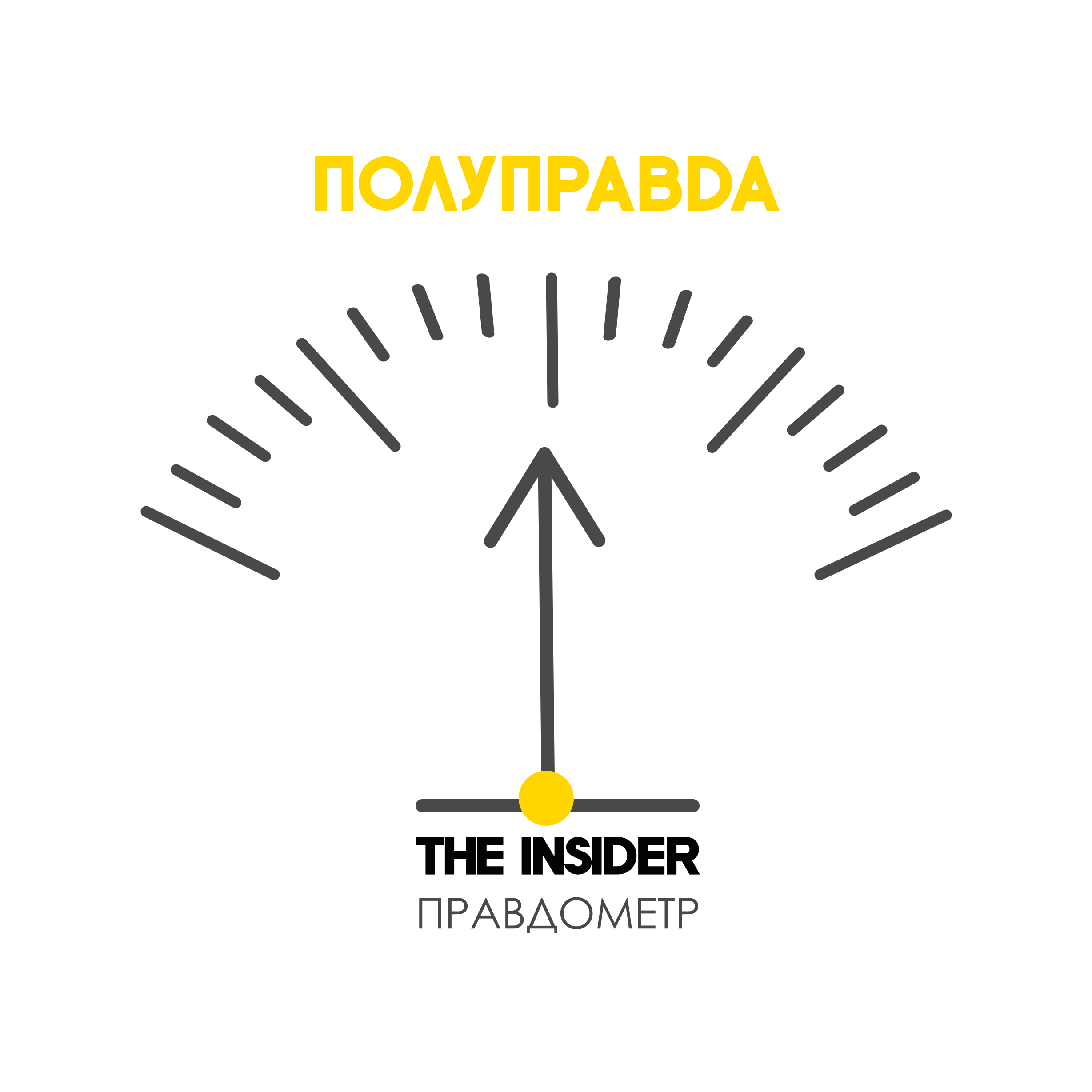RIA Novosti has published a new article by columnist Victoria Nikiforova, whose work has attracted the attention of our Anti-Fake column more than once. The article, titled "Decapitation Strike on Kremlin Discussed in US", states :
“The popular American magazine Newsweek considers the policy of the Washington regime in Ukraine to be too cautious. Journalists of the publication found American military and intelligence officers in high ranks, categorically dissatisfied with Biden's lethargy, and hyped them up for interviews on condition of anonymity.
It turned out a lot of interesting things. It turns out that not all the military agree that Biden is trying to “contain” Russia exclusively by non-nuclear means. The interlocutors of the magazine believe that this is all too subtle and will not work. Instead, they believe, one should “hit with a hammer”. I mean, hit us. By Russian. <…>
The icing on the cake in the list of special measures of the American partners is “a decapitation strike to kill Putin in the heart of the Kremlin.” Russian Ambassador to the United States Anatoly Antonov specifically drew the attention of the world community to this phrase in his last interview. The phrase is really impressive.
After such statements from high-ranking US military officials, any comparisons with the Caribbean crisis seem to be just nonsense. It looks like we have long since left this crisis behind us. Never during the Cold War did the Americans allow themselves to be so brazen about plotting to assassinate the leader of the Soviet Union.

The quotes in Nikiforova's article are taken out of context. In fact, political commentator William M. Arkin, author of a Newsweek article titled “Biden Thinks Non-Nuclear Threats Will Stop Putin. His military doesn’t think so”, does not express his own point of view in any way, he only conveys the opinions of his interlocutors. And none of them is in favor of preemptively “hitting the hammer” on Russia, whether it be a nuclear or non-nuclear strike:
The United States will 'retaliate with force' against any Russian nuclear strike, President Biden has said, but there is disagreement between his administration and some of his military advisers over the role of US nuclear weapons and the most effective way to deter Vladimir Putin, people familiar with the matter told Newsweek.
"We're the closest we've come to using nuclear weapons in 50 years," says a civilian working for Strategic Command in Omaha, Nebraska. “But I'm not sure we're saying the right things to contain Putin.”
A nuclear planner and two other senior officers who spoke to Newsweek say President Biden favors non-nuclear options even if Russia crosses the nuclear threshold. Officials do not object to this opinion, and none of them advocates the use of nuclear weapons as a preemptive strike. But to keep Putin from using nuclear weapons in the first place, officers say, the United States must talk about nuclear weapons—and not be held back by fear of having to go through life.
“We are in uncharted territory,” says a senior intelligence officer. Threatening a forceful response and catastrophic consequences for Russia, without assuming a nuclear war: is it strong enough to deter Putin? And is it really clear? I'm not sure"".
In other words, Arkin discusses with his interlocutors a specific question: what to do if the Putin regime unleashes a nuclear war, but the strike will not be on US territory. The question of the use of nuclear weapons in this and only in this situation remains open.
The same applies to the possibility of physical removal of Putin:
“On Sunday, President Biden’s National Security Adviser Jake Sullivan spoke on all three major networks to highlight the gravity of the moment and publicly respond to Russia’s nuclear threat. Washington “directly, privately, at a very high level told the Russians that there would be catastrophic consequences for Russia if it used nuclear weapons in Ukraine,” he told ABC News.
“If Russia crosses that line…the United States will respond strongly,” Sullivan said on NBC's Meet the Press. The Biden administration, he said, “described in greater detail exactly what that would mean” in its contacts with the Kremlin.
Details of what "resolutely" means are not publicly disclosed. Military sources told Newsweek that subtle steps are being taken to deal with nuclear threats, including relocating submarines and aircraft and exercising B-52 bombers. But they emphasize that the focus is on non-nuclear military options — the use of conventional weapons and special operations, as well as cyber and space attacks, including a decapitation strike, to kill Putin in the heart of the Kremlin.”
That is, the threat of a "decapitating strike" is only calculated if Putin unleashes a nuclear war, thereby placing himself outside the law. The unprecedented threats are just a reaction to an equally unprecedented speech by Putin, who openly declared the possibility of using all available means (read – including nuclear ones) and emphasized: "This is not a bluff."


